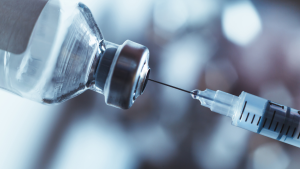
FDA Approves New Version of PrEP—Just Two Shots A Year
The FDA has approved lenacapavir as a form of pre-exposure prophylaxis (PrEP), offering a new option for HIV prevention requiring only two shots per year.
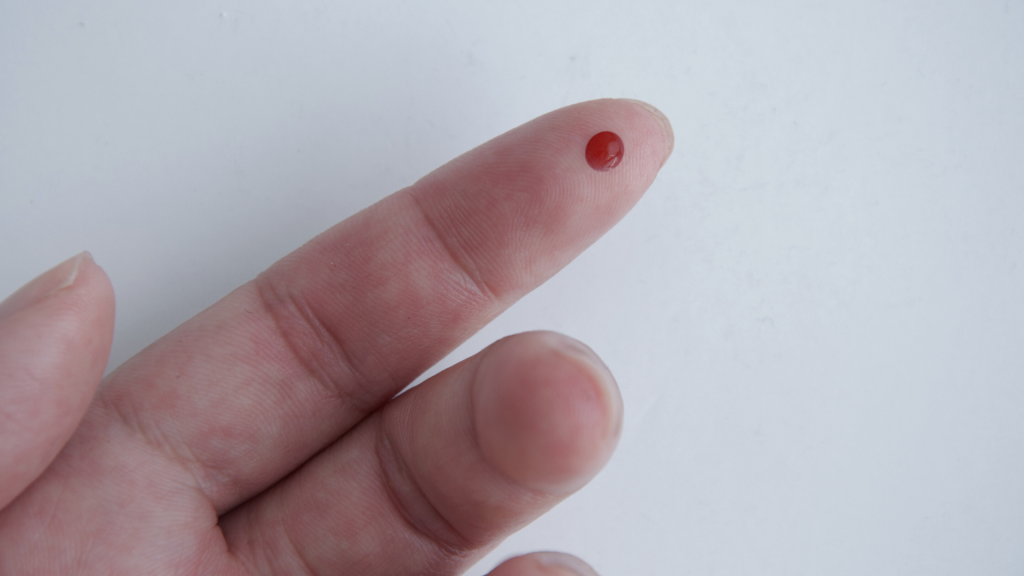
The FDA recently approved an at-home test for syphilis that can provide initial results in just 15-minutes. Syphilis has been surging in recent years with the number of cases rising 80% between 2018 and 2022 alone. There has also been an alarming rise in the number of infants born with syphilis which suggests that many women are not being tested during pregnancy. Public health experts agree that additional testing options for syphilis are a good first step for both prevention and treatment.
Syphilis is caused by the bacteria Treponema pallidum. The first symptom of the infection is usually a painless sore called a chancre that appears on/in the penis, scrotum, vulva, vagina, or anus. Syphilis is passed when another person comes in contact with these sores during oral, anal, or vaginal sex. It can also be passed from a pregnant person to their baby during pregnancy or childbirth.
In the early stages, syphilis can be easily treated with antibiotics. If not treated, the sores will go away but the infection can progress to more advanced stages. Late state syphilis—which can occur anywhere from two years to more than twenty years after infection—can cause serious health issues including damage to the brain, eyes, heart, bones, and joints. Syphilis during pregnancy can cause miscarriage, stillbirth, and even infant death. Babies born with syphilis can face lifelong medical issues. This is why testing and screening is so important.
If sores are present, a health care provider can swab them and look for syphilis. For people without sores, however, screening relies on a series of blood tests. The first test looks for certain antibodies in the blood. A negative result on this test usually rules out an active syphilis infection. People who test positive need to have a second blood test to confirm the diagnosis. If that test is also positive, their health care provider will start treatment.
Until now, these blood tests were most often given in a health care provider’s office. There are also some tests that allow people to collect a sample of their blood at home and send it to a lab for analysis. This new test, called First to Know, is the first test done entirely at home.
Users prick their finger and put a drop of blood on a test strip. Results are available in 15 minutes. Those who have a negative result and have no symptoms do not need to follow up. Anyone who has symptoms should see a health care provider regardless of these results because they might have a different sexually transmitted infection. Those who test positive need to see a health care provider for a second test that can confirm the diagnosis. It’s important to note that people who have had syphilis in the past may still test positive on this first test even if they were successful treated and don’t have an active infection.
The CDC recommends that men who have sex with men test for syphilis at least once each year and consider testing every three to six months if they live in areas with a high syphilis rate, are incarcerated, or have engaged in transactional sex. Similarly, asymptomatic women and men who have sex with women should be screened if they meet these same criteria. Screening is vital for pregnant women.
Dr. Michelle Tarver, the acting director of the FDA’s Center for Devices and Radiological Health, praised the progress science is making in creating new tests that can be done at home. She said in a statement, “Access to home tests may help increase initial screening for syphilis, including in individuals who may be reluctant to see their health care provider about possible sexually transmitted infection exposure. This can lead to increased lab testing to confirm diagnosis, which can result in increased treatment and reduction in the spread of infection.”
First to Know is expected to be available in pharmacies as soon as September. It will sell for $29.95, and you won’t need a prescription to get it. While this is the only test that gives results immediately, there are other ways to get tested for syphilis that may be free or covered by insurance. Please see ASHA’s page Testing for STIs at Home for links to free test kit programs and www.yesmeantest.org to find a free or reduced cost testing site near you.

The FDA has approved lenacapavir as a form of pre-exposure prophylaxis (PrEP), offering a new option for HIV prevention requiring only two shots per year.

On a recent episode of Love Island, a cast member sugested that we could blame our current STI epidemic on men who had sex with animals. She pointed to koalas with chlamydia as an example. There’s some truth here, but also a lot of misinformation.

A new report from the Centers for Disease Control (CDC) shows that we’re missing opportunities to prevent congenital syphilis and save lives.
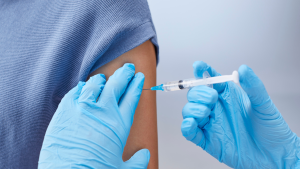
There’s potential good news in gonorrhea prevention as a series of studies suggests that certain meningococcal B (MenB) vaccines can reduce the risk of gonorrhea.

There is new guidance on pain management for IUD insertion and acknowledgement that providers often underestimate the pain patients feel during their procedures.
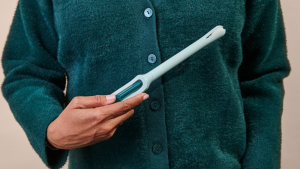
The FDA just approved the Teal Wand, a self-collection device for HPV testing that does not require a speculum exam or even a trip to the doctor’s office. People can collect their own sample at home and send it to a lab for analysis.

The results of large-scale study of HPV suggest that one shot of the vaccine may be enough to protect young people from HPV and related issues like cervical cancer.
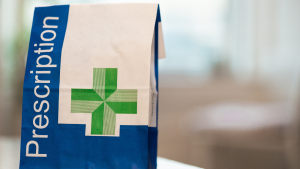
About 1.6 million cases of chlamydia and 600,000 cases of gonorrhea are diagnosed in the United Sates each year. A new study suggests that these patients may not be following through with STI treatment or getting the right antibiotics.
ASHA believes that all people have the right to the information and services that will help them to have optimum sexual health. We envision a time when stigma is no longer associated with sexual health and our nation is united in its belief that sexuality is a normal, healthy, and positive aspect of human life.
ABOUT
GET INVOLVED
ASHA WEBSITES
GET HELP
© 2025 American Sexual Health Association